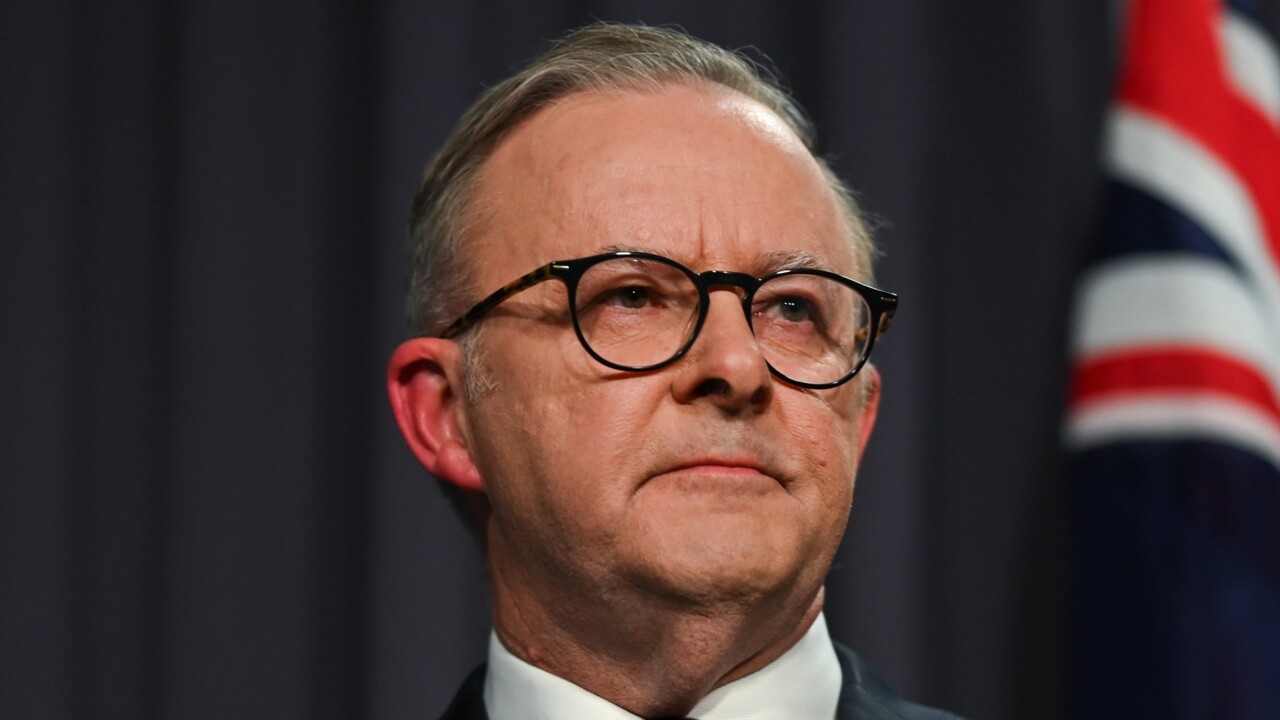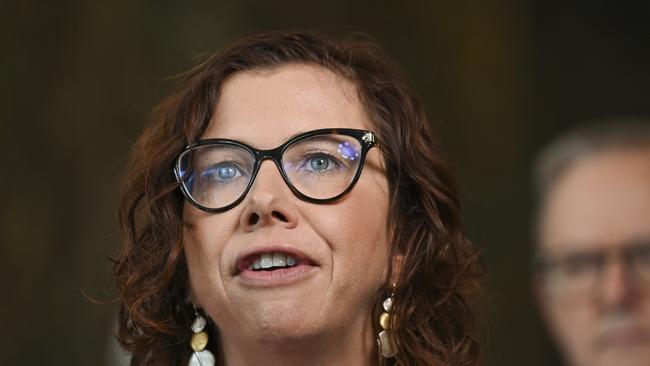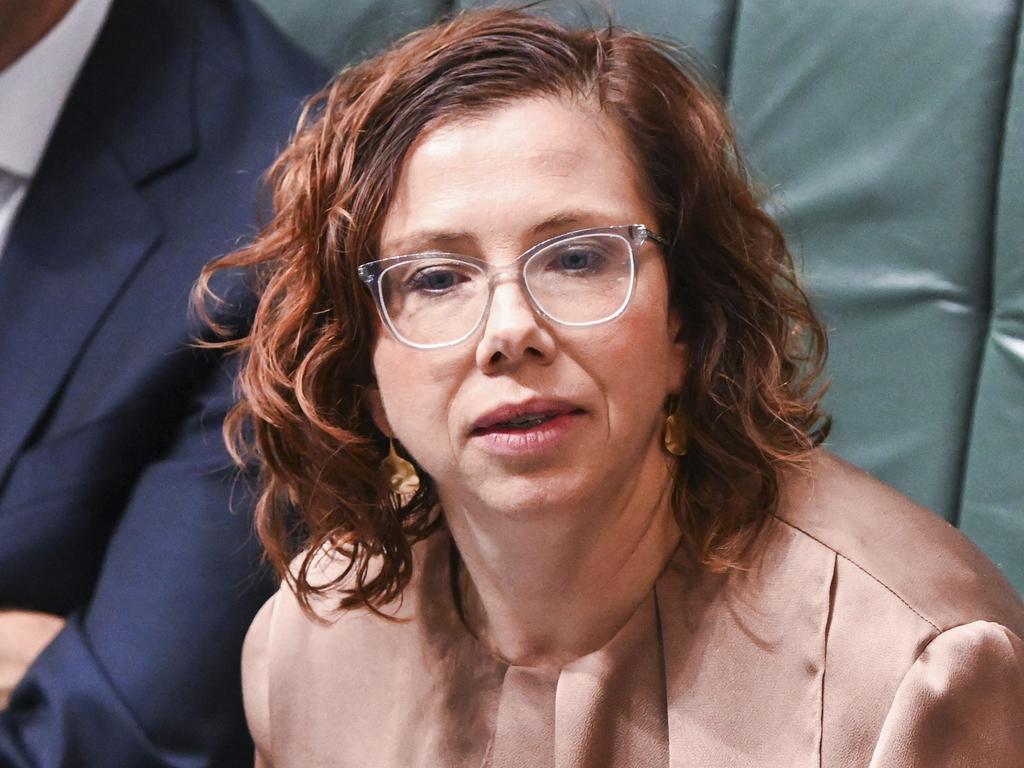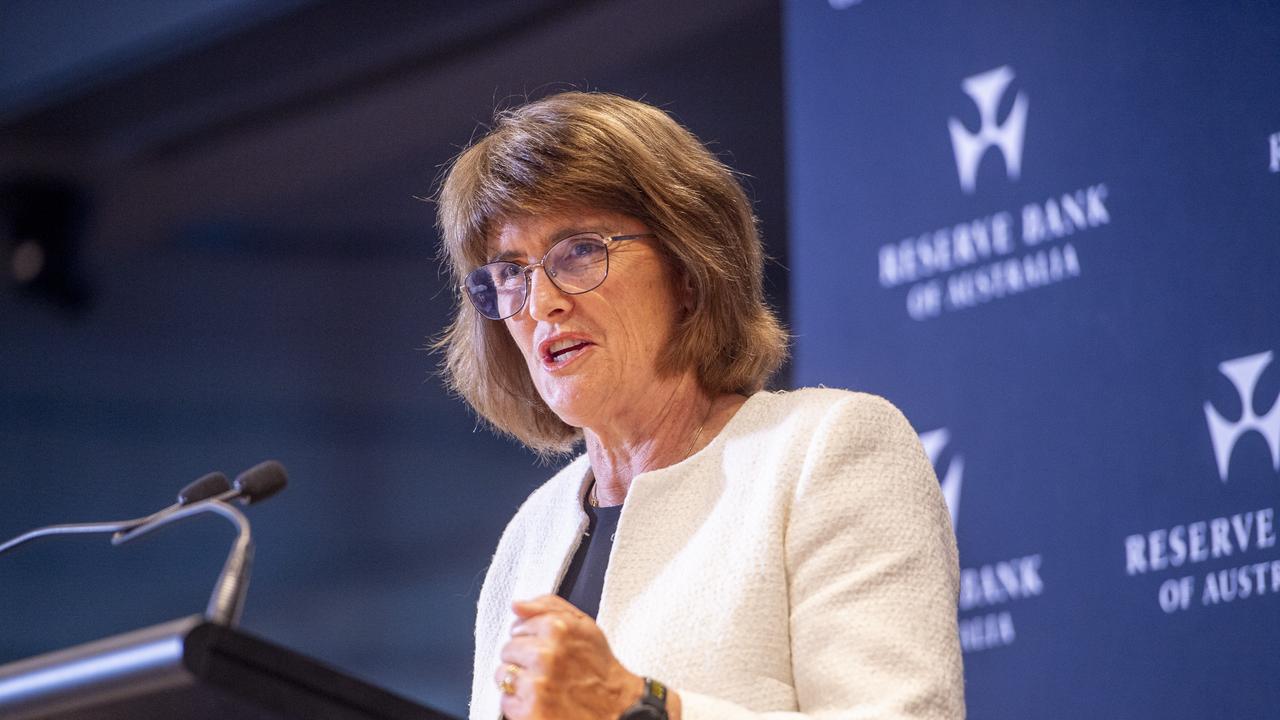Industry-funded financial counselling support a step closer
Banks, big telcos, gambling organisations and energy companies will help fund financial counselling for up to 30,000 vulnerable customers a year in a partnership with government.

Up to 30,000 more people struggling to navigate their bills each year could be supported through more financial counselling funded via a $35m commitment from key players in the banking, gambling, energy, telecommunications and credit sectors, the Albanese government says.
Amid the cost-of-living crisis, the government has partnered with the financial counselling sector and several industry stakeholders to create an independent body to oversee the private contributions in the newly established Financial Counselling Industry Fund.
The seven-member group will initially include the former chief executive of Choice, Peter Kell, former ASIC commissioner Greg Tanzer and current deputy CEO of the Australian Banking Association, Vanessa Beggs.
They will determine how money will be collected and distributed into the provision of more financial counselling services over the next three years.
So far, $35m has been pledged by industry for more face-to-face and telephone-based financial counselling, with Optus the latest company to sign up with a $600,000 contribution.

More than 300,000 people a year get support and advice through financial counselling, but as cost-of-living pressures bite, demand for this vulnerable cohort is outstripping supply.
Even with the new Optus funding, the industry fund remains about $6m a year short of the $18m a year sought by government to meet demand.
The Australian Banking Association contributes more than half the funding; the Australian Energy Council and Responsible Wagering Australia each contribute more than $1m a year.
Other telcos besides Telstra and Optus are yet to contribute, along with some non-bank financial providers like PayPal, Latitude Financial and PepperMoney.
Social Services Minister Amanda Rishworth said the funding secured so far would lead to tangible outcomes for financially vulnerable Australians.
“Our priority is to improve access to financial counselling services for Australians in need – and ensuring industry plays their part,” Ms Rishworth said.
“We estimate the extra $11.7 million a year flowing to financial counselling services as a result of the Industry Funded Model could help around 30,000 people access services like face-to-face appointments with financial counsellors or the National Debt Helpline.”

The proposal for more industry funding of financial counselling emanated from the Hayne royal commission into misconduct in the banking, superannuation and financial services industries, and was fleshed out in a subsequent review by Louise Sylvan.
That review concluded a lack of funding for financial counselling was precluding many vulnerable Australians from accessing support, and recommended industry, including many who recommend their customers access financial counselling support, step in to fund unmet need.
Financial Counselling Australia will establish and run the new funding oversight body.
Chair of Financial Counselling Australia, Anne Crouch, said the oversight body and establishment of the Fund was an important step in improving access to financial counselling services.
“The demand on financial counselling services is increasing along with the rising cost of living and our sector must be funded appropriately, in order to meet those needs,” FCA chair Anne Crouch said.






